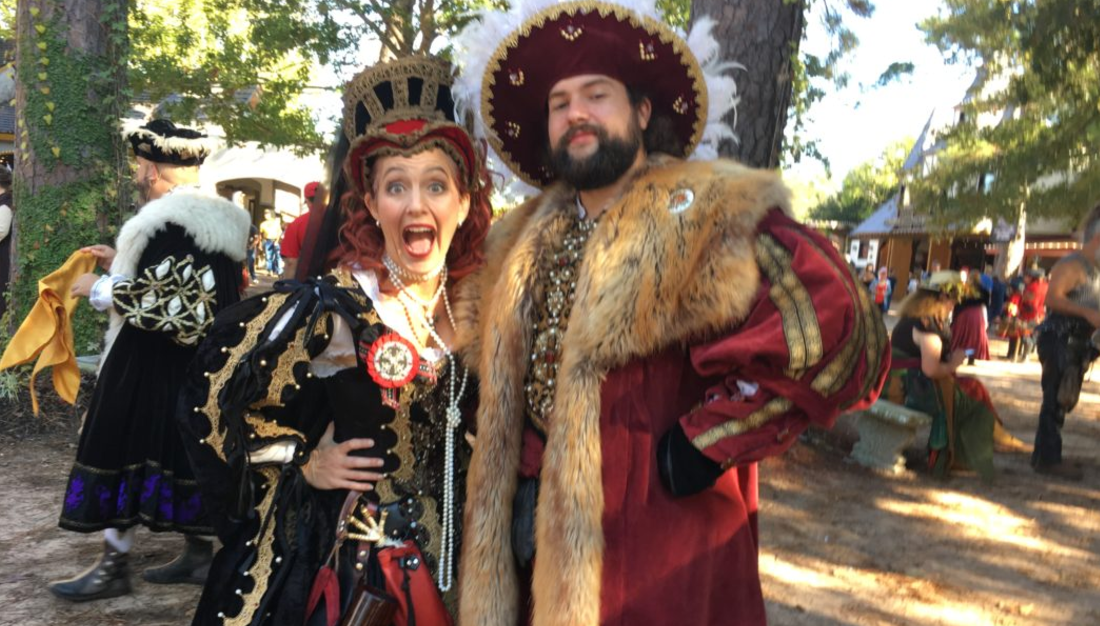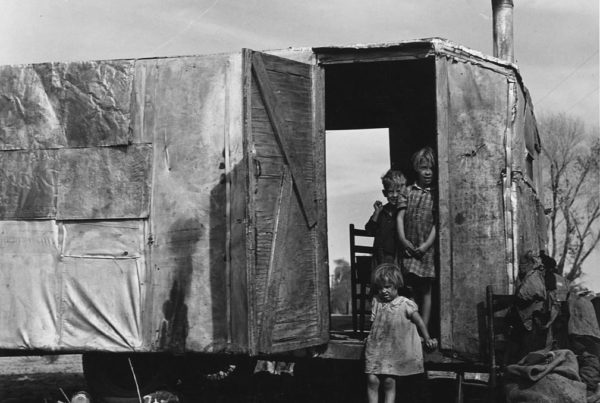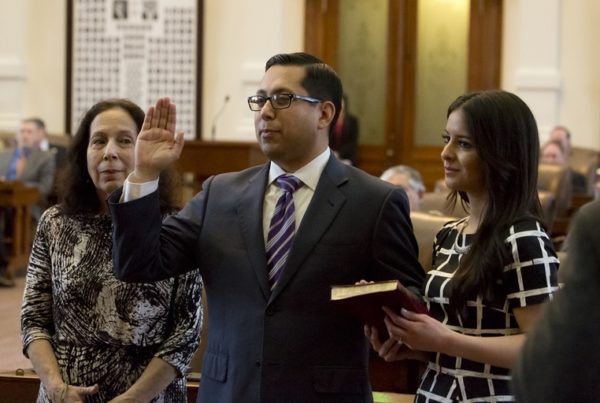From Houston Public Media:
Texas was once an independent republic. So it’s ironic that one of America’s largest celebrations of monarchy takes place in the backwoods of Grimes County.
The Texas Renaissance Festival kicks off each day of its run with a royal proclamation. The Festival King and Queen introduce visiting courts from all over Europe – not to mention realms you’re unlikely to find on a map.
“Her most magical, mystical, majesty Titania, and her flying flock of flipping Fae from the court of Avalon.”
“We play pretty fast and loose with history around here,” says Travis Bryant, the festival’s marketing director. He says there’s a reason Americans are drawn to royals, whether you’re talking about Game of Thrones or Wolf Hall. “There’s some part of us that sees kind of a hierarchical structure of kings and queens and lords as maybe simpler. You know, you know what you’re getting. You may not like it, and you may not have a choice in it, but at least you know what you’re getting.”
Bryant says that’s easy to romanticize, especially in comparison to the messy process of elections like the one just finished. “You know, it’s great if you get King Arthur,” he says. “It’s not so great if you get Richard III.”
Of course, it’s the prospect – and the experience – of having a bad king that led Americans to opt for a different form of government in the first place.
“Our whole history is based on getting away from royalty and being a democracy with liberty and freedom and not having a king telling us what to do,” says Eleanor Herman, an author who’s devoted much of her career to writing about royalty. Herman regularly travels to Europe to do research for her work. She says Americans are often more fascinated by monarchs and nobles than people in countries that still have them.

















